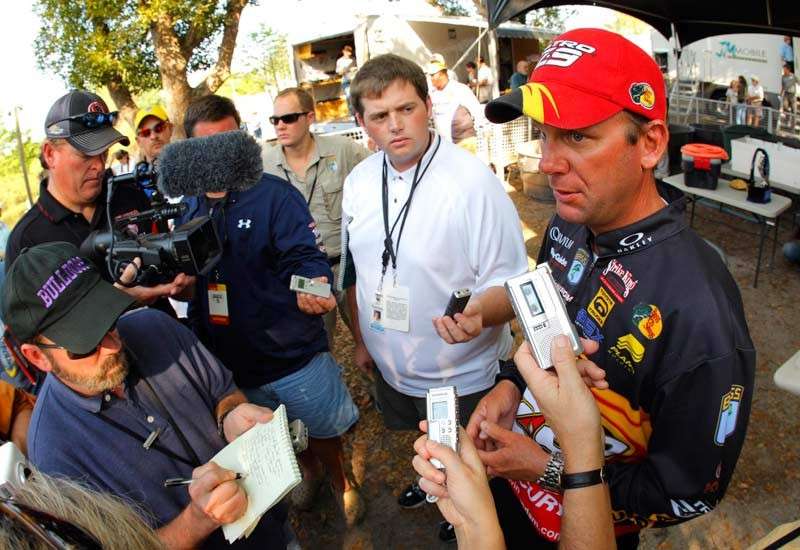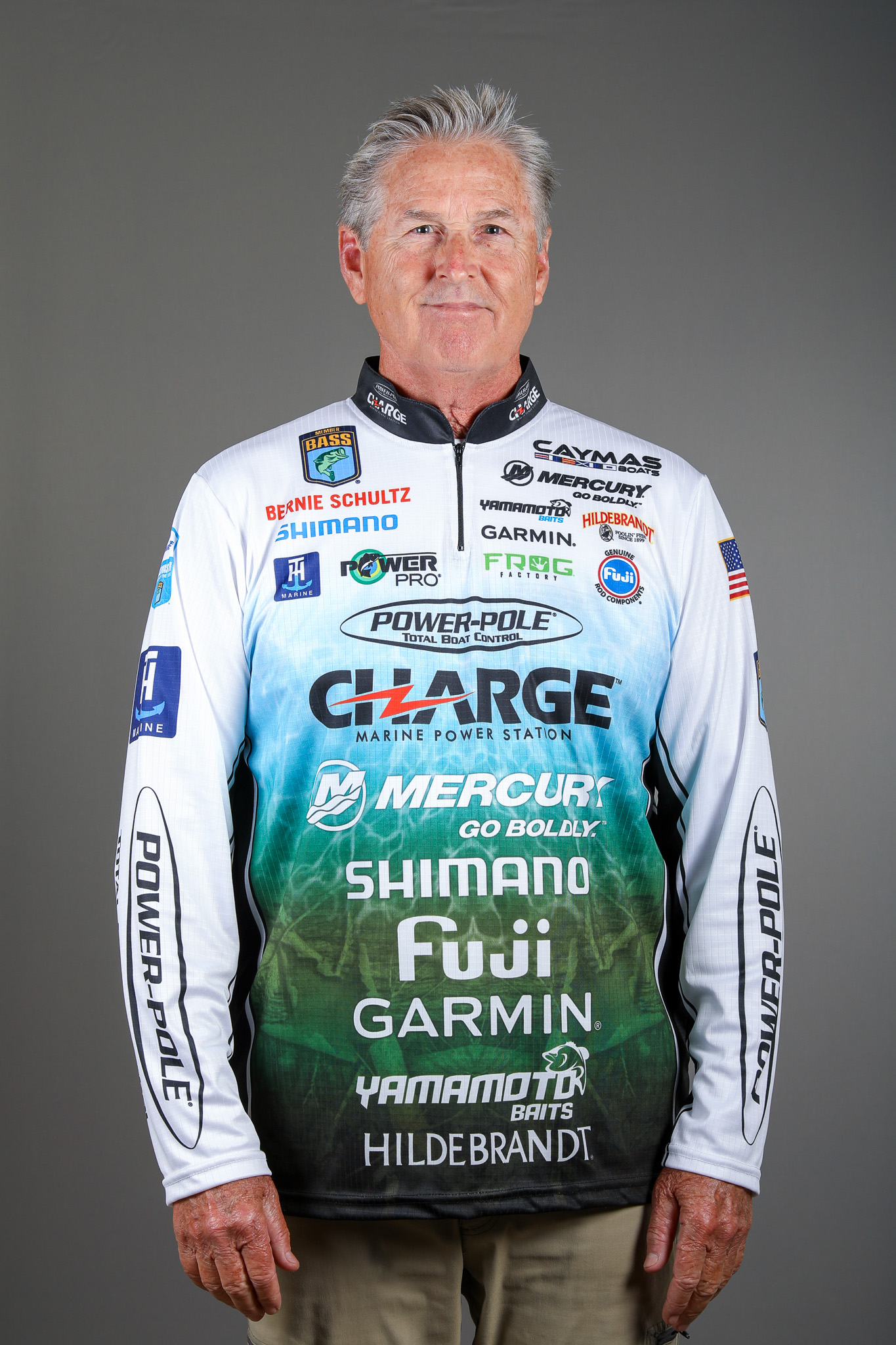
For professional anglers, fall is the time for renewing contracts and seeking out other potential sponsors. A new season is rapidly approaching and funding will be essential.
Having been at the game for a while, I thought I’d share some insights with those of you who may be considering a career as a professional angler … and, hopefully, help you cut some corners.
An irresistible résumé
Before contacting a potential sponsor or pro staff manager, you’ll need a résumé. Nothing too elaborate — just something that’s accurate and up to date.
Start with your personal information: Full name, date of birth, education, current or former occupation, family info, etc., then provide a (very) brief description of your career goals. Follow that with a list of accomplishments, but mention only the highlights … not every tournament you fished over the past five years.
Media exposure can be included, or you can make a separate subhead for it. But like your tournament stats, offer only what will make a strong impression. Nothing more.
Finally, you’ll need some references. People who will speak positively and honestly about you. Three or four will do. And if those references are tied to our industry in sales, media or manufacturing, all the better.
Assemble all of this information on a single page (not two) and use a bullet-point format. That makes it easier and more likely to be read.
A cover letter with impact
Next is the cover letter. Like your résumé, keep it short and to the point. The last thing a pro staff manager wants is a drawn out dissertation on why he or she should spend any part of their limited budget on you. That goes for companies outside our industry as well.
As you present your case, make sure whatever you offer you’re able to deliver. Unrealistic claims or promises will only come back to haunt you. Besides, most pro staff managers will see through them anyway.
Allow your cover letter to expand on some of the highlights in your résumé, but be certain the message remains clear and concise — how your involvement can help grow their company and its brand(s). That’s the bottom line.
Be sure to mention anything that can demonstrate your brand loyalty. When I began my career, I went after the companies whose products I believed in the most. And I stayed after them until I got a foot in the door. Then I showed them what I could or had already done to promote their brand and/or products.
Sponsorships are relationships, and anything you can say or do to drive that message will go a long way. Show them how you can help. If you have proof of past performance, share it. But, again, be brief.
Next time, we’ll see what several high-powered pro staff managers have to say about securing sponsorships. Until then, better get started on that résumé.

